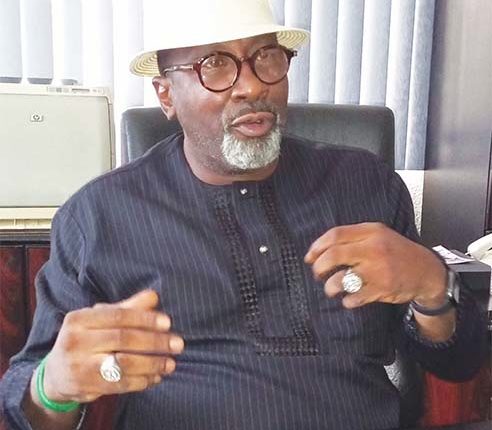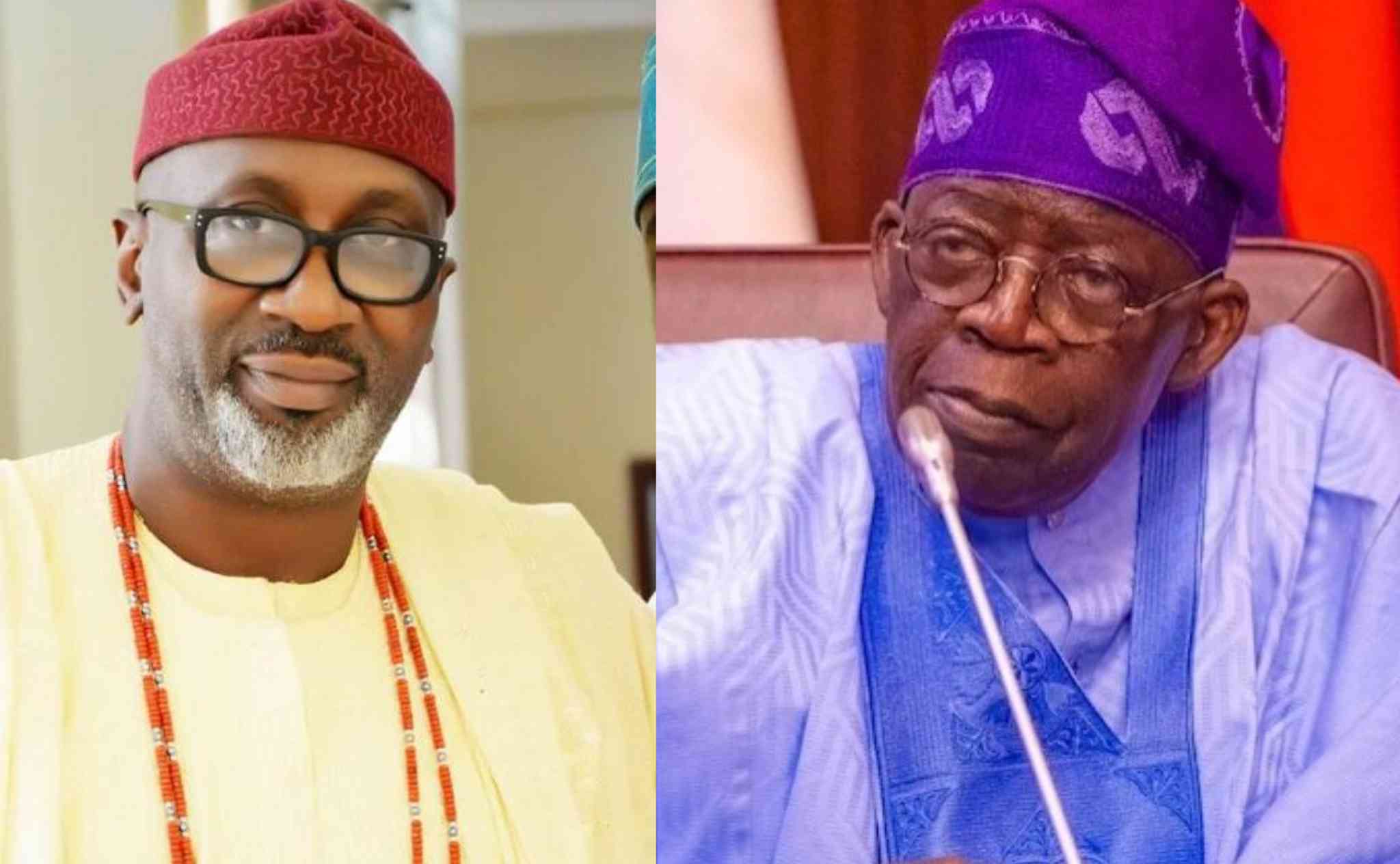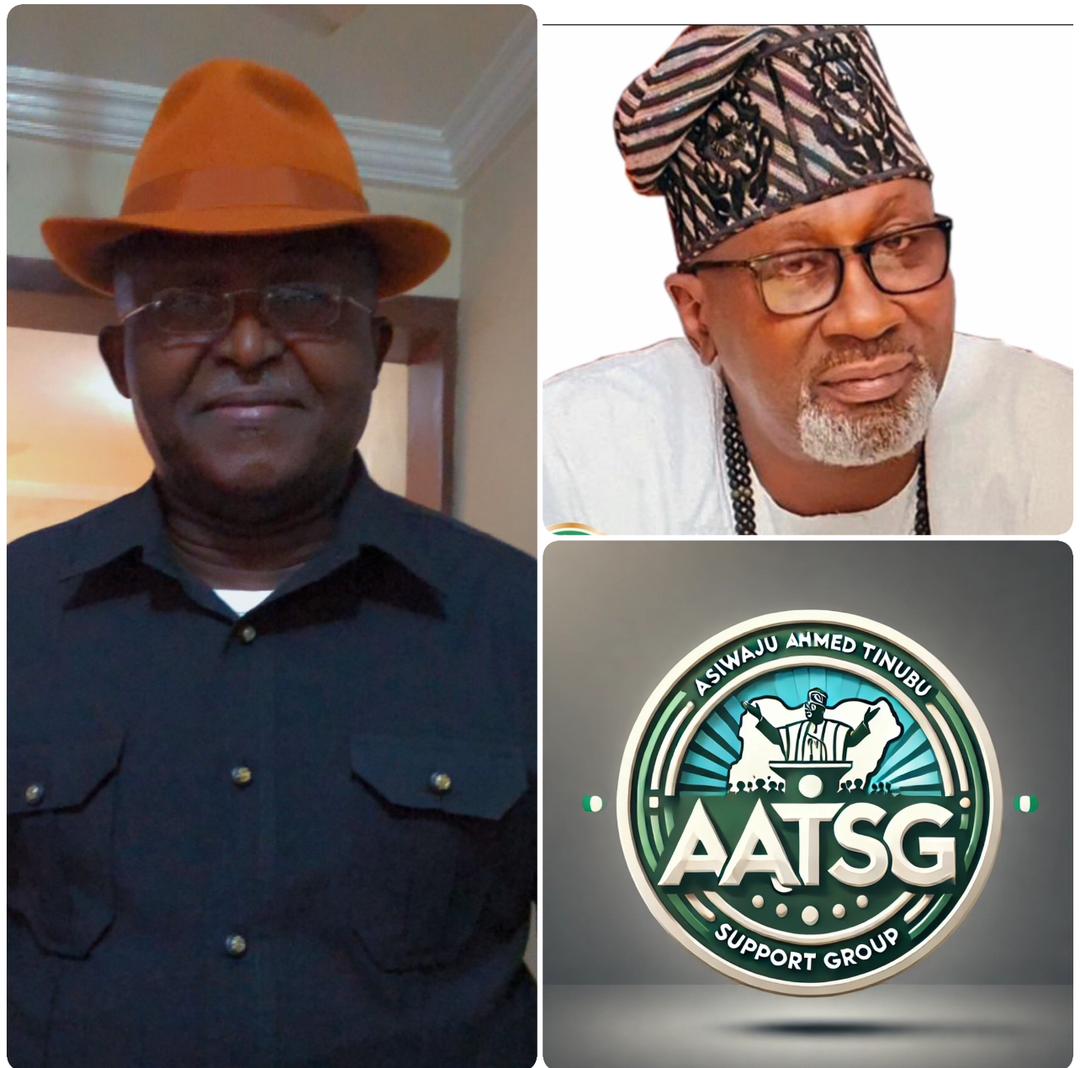The Nigerian Government has the opportunity to redirect its resources in a more positive direction by ceasing to sponsor pilgrims.
By Abayomi Odunowo.
The Hajj pilgrimage is a deeply significant and spiritual journey for millions of Muslims around the world. It is a time for self-reflection, devotion, and a reaffirmation of one’s faith. This year, approximately 2.5 million Muslims are expected to perform the Hajj pilgrimage, marking a significant increase from previous years. This uptick in pilgrims is a result of the relaxation of COVID-19 restrictions, which had significantly limited the number of attendees in 2020 and 2021.
In 2021, only 60,000 pilgrims were able to participate in the Hajj, and in 2020, a mere 1,000 local pilgrims were allowed to partake in the pilgrimage due to the global pandemic. The fluctuation in the number of pilgrims each year is largely influenced by circumstances such as health concerns and government regulations. The decision to increase the number of pilgrims this year reflects a cautiously optimistic approach to reopening the pilgrimage to a larger audience while still taking necessary precautions to ensure the safety and well-being of all participants.
The Hajj pilgrimage is a fundamental Islamic practice that holds immense spiritual and cultural significance. As such, the opportunity for a greater number of Muslims to partake in this holy journey is a welcome development. It is a testament to the resilience and dedication of the Muslim community, as well as a testament to the positive progress made in managing the global pandemic. The rising number of pilgrims this year is a hopeful sign of better days ahead and a return to more normalcy for the Muslim community.
The issue of government sponsorship of pilgrimages in Nigeria has raised concerns about the best use of public funds and the need for a more efficient allocation of resources to benefit a broader segment of society. With the cost of pilgrimage via the Nigerian Christian Pilgrim Commission (NCPC) reaching as high as N5 million for the 2024 pilgrimage, questions have been raised about whether it is appropriate for the government to use public funds to sponsor such trips.
While some argue that pilgrimage is a personal affair and should not be funded by the government, others believe that government sponsorship of pilgrimages can have a positive impact on the well-being of the citizenry and ultimately benefit the nation as a whole. However, with the cost of pilgrimage being so high, it is important to consider whether the resources could be better utilized to benefit a broader segment of society.
In a country where there are pressing issues such as education, healthcare, and infrastructure development, the allocation of public funds to support religious pilgrimages raises concerns about priorities and equity. While the freedom to practice one’s religion is a fundamental right, it is essential for the government to ensure that public funds are allocated in a way that maximizes their impact and benefits all citizens.
The issue of government sponsorship of pilgrimages in Nigeria raises important questions about the best use of public funds and the need for a more efficient allocation of resources. While religious freedom is important, it is essential for the government to consider the broader needs of society and ensure that public funds are used in a way that benefits all citizens.
The Nigerian Christian Pilgrim Commission (NCPC) is the body responsible for managing the pilgrimage process of Nigerian Christians to visit the holy places of their religion. In past years, the cost for an individual Nigerian making pilgrimage via the NCPC was N473,940 Naira for the General Pilgrimage and N461,440 Naira for the Easter Pilgrimage. However, it has been observed that the cost for pilgrimage has increased dramatically over the years, and now stands at over N4 – 5 million. This significant increase in cost has made it unaffordable for many Nigerians to partake in the pilgrimage, thereby hindering their ability to practice their faith in this manner.
In contrast, the Federal Government (FG) spent up to N7.9 Billion in subsidizing the trip of 65,167 Hajj pilgrims last year. These pilgrims enjoyed a total foreign exchange amounting to sixty-five million, one hundred and sixty-seven thousand dollars ($65,167,000) at a maximum of $1000 per pilgrim. This stark contrast in government subsidy between the Hajj pilgrimage and the Christian pilgrimage raises questions about the equity and fairness of government support for religious pilgrimages in the country.
The significant increase in the cost of Christian pilgrimage and the disproportionate government subsidy for Christian pilgrims compared to Hajj pilgrims are issues that require urgent attention and redress. The NCPC and relevant authorities should work towards making the Christian pilgrimage more accessible and affordable for Nigerians, ensuring that all citizens can exercise their religious freedoms without financial barriers.
If the funds that are currently used to sponsor pilgrims out of state coffers were redirected towards speeding up the repairs of moribund factories and providing 24/7 power across the country, Nigeria would undoubtedly be better for it. The current allocation of funds towards sponsoring pilgrims does not contribute to the overall development of the country. This is a no-brainer.
By investing in the repair of factory infrastructure and ensuring continuous power supply, the ease of doing business in Nigeria would be significantly enhanced. This in turn would attract more local and foreign investors, creating employment opportunities and stimulating economic growth. The benefits of such investments would be felt across various sectors, leading to an overall improvement in the standard of living for the Nigerian population.
Furthermore, sponsoring pilgrims does not align with the government’s responsibility to prioritize the well-being and development of the country. As stated in the Quran, the Hajj to Makkah is a religious obligation for those who have the financial and physical capacity to undertake the journey. Therefore, it is not the government’s role to use state funds for this purpose.
The reallocation of funds from sponsoring pilgrims to essential development projects would undoubtedly have a positive impact on Nigeria’s economy and overall progress. It is imperative that the government reconsiders its priorities and directs resources towards initiatives that will contribute to the country’s advancement.
“Section 10 of the Nigerian 1999 Constitution says, “The government of the Federation or of a state shall not adopt any religion as state religion.”
When the same government then takes the money paid by hardworking taxpayers and uses it to sponsor pilgrims, there is a conflict of the constitutional provision. It is therefore foolish for the government to continue to subsidize pilgrims’ journey to their sacred places.
One of the most pressing reasons for discontinuing the funding of pilgrimages by the government is the constitutional conflict that arises from using public funds for religious purposes. In a country where there is a clear separation of religion and state, it is inappropriate for the government to financially support the religious practices of a particular group. This goes against the principles of a secular state and infringes on the rights of citizens who may not share the same religious beliefs. The government should not be in the business of sponsoring religious activities, as it sets a dangerous precedent and opens the door to potential discrimination and favoritism.
Another cogent reason for discontinuing the funding of pilgrimages by the government is the economic impact on the nations and economies of the benefiting countries. There is a massive inflow of foreign exchange from Nigeria to Israel and Saudi Arabia as thousands of Nigerian pilgrims travel to these sacred sites each year. While this may benefit the economies of these countries, it does little to improve the economic and living conditions of the average Nigerian citizen. Instead of sending large sums of money overseas, the government could redirect these funds to more pressing domestic needs such as healthcare, education, and infrastructure development.
Not that pilgrimage is in effect bad, but fortunately for these holy lands, they also stand to benefit immensely from it all. But when the government seeks to look inwards and divert these large sums of money to more befitting projects such as manufacturing and education, the impact will be well felt.
Should we examine it judiciously, sponsorship of pilgrims is in itself an act of corruption. It is the willful diversion of public funds to personal needs – needs of a small set of the population. What should benefit the whole citizenry is used to unconstitutionally enrich a privileged few.
The government’s sponsorship of pilgrimages poses a conflict of the constitutional provision and is a disservice to the Nigerian people. By redirecting these funds to more pressing domestic needs and adhering to the principles of a secular state, the government can better serve its citizens and uphold the values of equality and fairness. It is time for the government to reconsider its stance on subsidizing pilgrimages and prioritize the well-being and development of the nation as a whole.
As Nigerian citizens, it is our collective responsibility to envision and work towards a Nigeria that is not only pleasing to us but also to future generations. This can only be achieved by having a smart and proactive governance system that is capable of anticipating, recognizing, and fixing the real issues that the people face. It is only through this approach that we can truly make Nigeria great again and ensure that all our citizens, regardless of their status, have the opportunity to prosper within our land.
One key area that requires urgent reengineering is the issue of sending people on Hajj. While the pilgrimage holds significant religious importance for many Nigerians, the enormous cost associated with it cannot be ignored, especially when many of our citizens struggle to afford even the basic necessities of life. This cost, which runs into billions of Naira, could be redirected to have a more direct and meaningful impact on the lives of the Nigerian people.
We propose that the government reconsiders the allocation of this enormous cost and channels it towards providing monthly grants for the low-end working class. These are individuals who earn between N30,000 – N50,000 per month and often find it difficult to make ends meet. By redirecting the funds from the Hajj pilgrimage, the government can provide financial assistance to these individuals, improving their standard of living and ultimately contributing to the overall development of the country.
For context, the estimated cost of the Hajj pilgrimage is approximately N5,000,000 per person. If we consider the number of individuals who went on the pilgrimage in the previous year, which is reported to be 65,167, and multiply this by the cost, the total expense to the Nigerian government comes to a staggering N325,835,000,000, or approximately N326 billion Naira. This is a significant amount of money that, if redirected towards providing financial aid to low-income workers, could have a more immediate and tangible impact on the lives of our citizens.
We urge the Nigerian government to consider this proposal as a means of addressing the real and pressing needs of our people. It is only through such proactive and people-centered governance that we can truly build a Nigeria that is pleasing to us and future generations. This approach will not only demonstrate a commitment to the welfare of our citizens but also pave the way for a more prosperous and inclusive future for all Nigerians. With the right decisions and actions, you and I shall see a better Nigeria!
Media Contacts
Otunba Abdulfalil Abayomi Odunowo
National Chairman AATSG
URL: www.aatsg.org.ng
Tel: +2349053535322
Email: [email protected]


